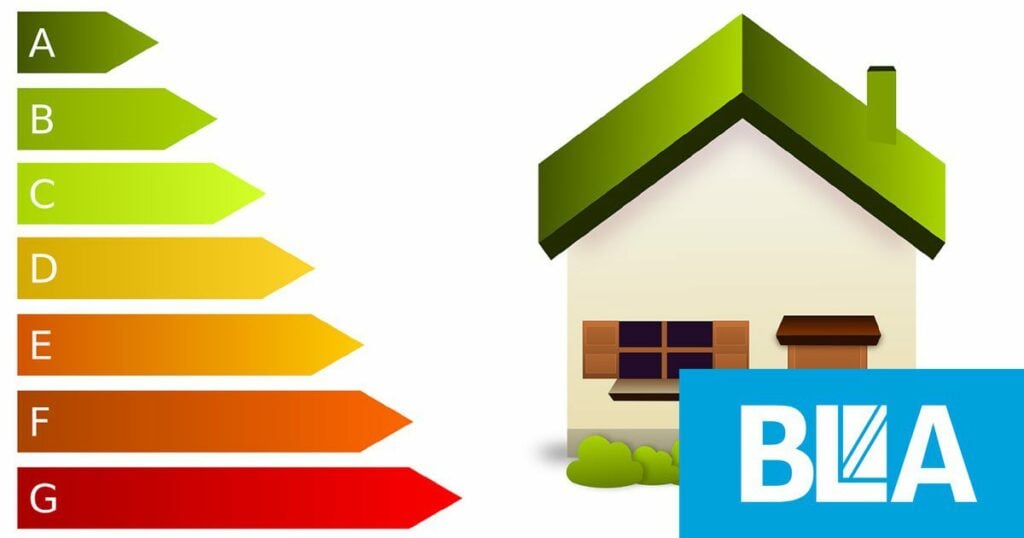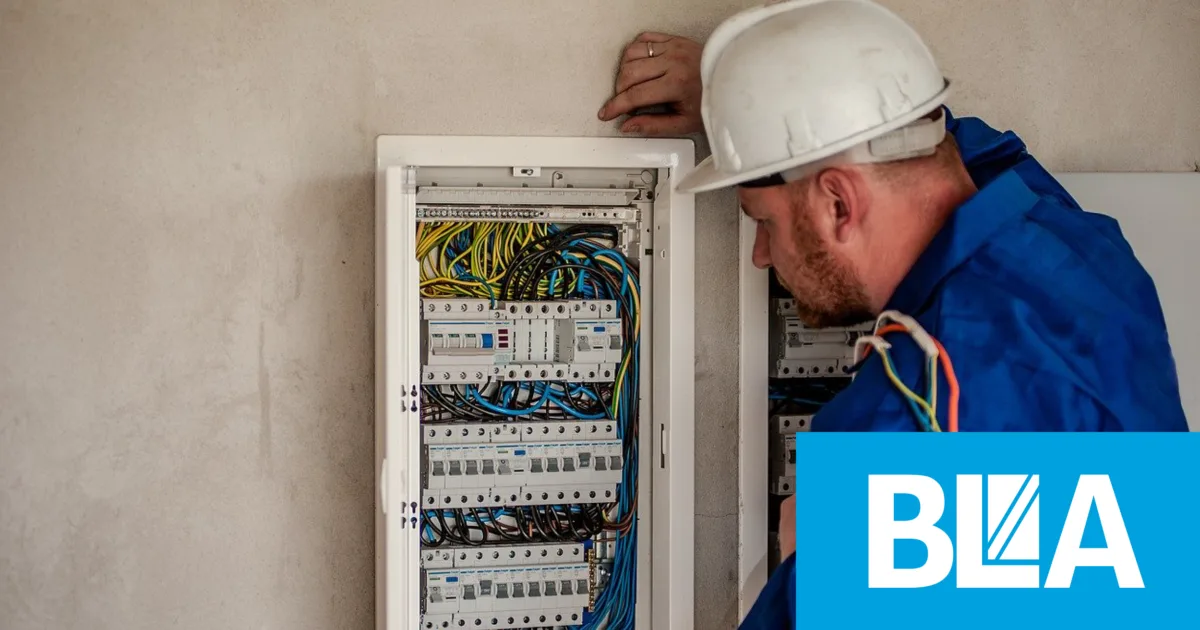Who to complain about my landlord?
Understanding Your Rights as a Tenant
As tenants, understanding our rights is the first step towards resolving any issues with our landlords.
Tenants have the right to a safe, habitable living environment, free from harassment, and to receive timely repairs and maintenance.
Knowing these rights empowers us to effectively address any problems that may arise during our tenancy.
Steps to Resolve Issues with Your Landlord
Identify the Issue
Before lodging a complaint, it is crucial to clearly identify and document the issue.
This could range from maintenance problems, such as a leaking roof or broken heating, to more serious concerns, like illegal eviction or harassment.
Review Your Tenancy Agreement
Your tenancy agreement outlines the responsibilities of both parties. Reviewing this document can provide clarity on whether the landlord is in breach of any terms.
Pay close attention to sections regarding repairs, maintenance, and your obligations as a tenant.
Communicate with Your Landlord
Initial Contact
Start by communicating directly with your landlord. A polite, written request is often the most effective approach.
Detail the issue, the impact it is having on you, and what you would like to be done about it. Provide a reasonable deadline for a response.
Follow-Up Communication
If the initial contact does not yield results, send a follow-up letter or email. Refer to your previous communication and reiterate your concerns. Keep a record of all correspondence for future reference.
Keep Detailed Records
Document every interaction with your landlord, including dates, times, and the nature of each communication. Take photos or videos of the issue if applicable. This evidence will be invaluable if the matter escalates.
Seek Mediation
If direct communication fails, mediation can be a beneficial next step. Mediation involves a neutral third party who can help facilitate a resolution between you and your landlord. Many local councils and tenant advocacy groups offer mediation services.
Make a Formal Complaint
Writing the Complaint
If mediation is unsuccessful, you may need to file a formal complaint. If applicable, address your complaint to a higher authority within the landlord’s organisation or the landlord’s representative. Clearly state:
- The nature of the complaint
- Steps you have taken to resolve the issue
- The outcome you are seeking
- Copies of all relevant documentation
Using Ombudsman Services
For unresolved issues, the Housing Ombudsman provides an independent service to investigate complaints against landlords. To use this service, ensure you have followed all preliminary steps, including contacting your landlord and seeking mediation.
Legal Action
As a last resort, legal action may be necessary. This can involve taking your landlord to small claims court for breaches of the tenancy agreement or seeking legal aid for more serious matters. Consult with a legal professional to explore your options.
Who Do I Complain to About My Landlord?
Local Authority or Council
Your local authority or council can intervene in cases where landlords fail to meet legal obligations, such as maintaining health and safety standards.
Tenant Advocacy Groups
Organisations dedicated to tenant rights can offer advice, support, and representation. They can guide you through the complaint process and help you understand your rights.
Housing Ombudsman
The Housing Ombudsman handles complaints about housing associations and local councils. They can investigate issues and recommend resolutions.
Legal Advisors
Solicitors or legal aid organisations can provide professional advice and representation, especially in complex cases involving significant breaches of tenancy law.
Additional Resources and Support
Tenant Advice Services
Many regions offer free or low-cost tenant advice services. These services can provide legal advice, assist with documentation, and offer mediation services. They are an invaluable resource for tenants navigating complex disputes.
Online Resources
Numerous websites and forums offer advice and support for tenants. These platforms can provide useful templates for letters, legal advice, and a community of other tenants who may have faced similar issues.
Legal Aid
If you are unable to afford legal representation, legal aid organisations can provide assistance.
These organisations often specialise in housing issues and can offer support ranging from advice to full legal representation.
Preventative Measures for Future Tenancy
Thoroughly Inspect the Property
Before signing a tenancy agreement, conduct a thorough inspection of the property.
Document any existing issues and ensure they are noted in the tenancy agreement. This can prevent disputes over damages or maintenance issues later on.
Understand Your Agreement
Ensure you fully understand the terms of your tenancy agreement before signing.
If any terms are unclear, seek clarification from the landlord or a legal advisor. Knowing your rights and responsibilities can prevent many common disputes.
Regular Communication
Maintain open and regular communication with your landlord. Address minor issues promptly to prevent them from escalating. A good landlord-tenant relationship can make resolving issues much easier.
Keep Records
Maintain records of all payments, communications, and any issues that arise during your tenancy. This documentation can be crucial if disputes arise.
Summary
Handling disputes with your landlord can be a challenging process, but by following the steps outlined, tenants can effectively address and resolve issues.
From identifying the problem and reviewing your tenancy agreement to seeking mediation and legal action, each step is designed to protect your rights and ensure a fair resolution.
Remember, persistence and thorough documentation are key. Utilise all available resources, from tenant advice services to the Housing Ombudsman, to advocate for your rights and maintain a habitable living environment.
By taking these steps, tenants can confidently address issues with their landlords, ensuring their living conditions meet legal standards and their rights are respected.
Process How to Complain About your Landlord
Identify the Issue
Review Tenancy Agreement
Communicate with Landlord
Initial Contact
Follow-Up Communication
Seek Mediation
Make Formal Complaint
Using Ombudsman Services
Legal Action
Tenant Advice Services
Online Resources
Legal Aid
Thoroughly Inspect the Property
Understand Your Agreement
Regular Communication
Keep Records
This comprehensive guide aims to empower tenants with the knowledge and resources needed to address and resolve disputes with landlords effectively.
By following these steps and utilising available support, tenants can ensure their rights are protected, and their living conditions meet the required standards.
Frequently Asked Questions
Who do I complain to about my landlord?
If you have an issue with your landlord and need to make a complaint, you can follow these steps:
- Direct Communication with Your Landlord: Start by addressing the issue directly with your landlord through written communication. Clearly outline the problem and the resolution you are seeking.
- Local Authority or Council: If your landlord fails to respond or resolve the issue, you can contact your local authority or council. They can intervene in cases where the landlord is not meeting legal obligations, such as maintaining health and safety standards.
- Tenant Advocacy Groups: These organisations provide support and advice for tenants. They can assist in mediating disputes and offer guidance on how to proceed with your complaint.
- Housing Ombudsman: For unresolved issues, you can escalate your complaint to the Housing Ombudsman. This independent service investigates complaints against landlords, including housing associations and local councils.
- Legal Advisors: If your complaint is severe or remains unresolved, seeking legal advice may be necessary. Legal aid organisations and solicitors can provide professional assistance and representation.
What steps should I take before filing a formal complaint?
Before filing a formal complaint, ensure you have:
- Documented the Issue: Keep detailed records of the problem, including photos, videos, and written notes.
- Reviewed Your Tenancy Agreement: Understand your rights and responsibilities as outlined in your tenancy agreement.
- Communicated with Your Landlord: Attempt to resolve the issue through direct communication and follow-up.
- Sought Mediation: Consider mediation as an intermediary step to resolve the dispute.
What is the role of the Housing Ombudsman?
The Housing Ombudsman provides an independent service to investigate complaints against landlords, including housing associations and local councils.
They assess whether the landlord has acted appropriately and can recommend actions to resolve the issue.
How can tenant advocacy groups help me?
Tenant advocacy groups offer support and advice for tenants experiencing issues with their landlords. They can provide legal advice, assist with documentation, offer mediation services, and represent tenants in disputes.
What should I include in a formal complaint to my landlord?
When writing a formal complaint, include the following:
- Nature of the Complaint: Clearly describe the issue.
- Steps Taken: Detail the actions you have already taken to resolve the issue.
- Desired Outcome: Specify what resolution you are seeking.
- Supporting Documentation: Attach any relevant documents, such as photos, videos, and correspondence records.
When should I consider legal action?
Legal action should be considered as a last resort when all other avenues, including direct communication, mediation, and formal complaints, have been exhausted. Consult with a legal professional to explore your options and receive guidance on proceeding with legal action.
Can I join a tenant union for support?
Yes, joining a tenant union in England, Wales, or Scotland can provide additional support. Tenant unions advocate for tenants’ rights, offer legal advice, and can provide a collective voice in negotiations with landlords.
What preventive measures can I take for future tenancies?
To prevent future issues, you can:
- Thoroughly Inspect the Property: Document any pre-existing issues before signing the tenancy agreement.
- Understand Your Agreement: Fully understand the terms and conditions of your tenancy agreement.
- Maintain Regular Communication: Keep open lines of communication with your landlord.
- Keep Records: Document all payments, communications, and any issues that arise during your tenancy.
By following these steps and utilising available resources, you can effectively address and resolve any issues with your landlord, ensuring a safe and habitable living environment.
Statistics on Tenant-Landlord Disputes
Understanding the prevalence and nature of tenant-landlord disputes can help contextualise the importance of knowing your rights and the steps to take when issues arise.
Here are some key statistics and findings related to tenant-landlord disputes:
Prevalence of Tenant-Landlord Disputes
- Common Issues: According to a survey conducted by the British Landlords Association, the most common issues faced by tenants include:
- Repairs and maintenance: 44%
- Deposit disputes: 24%
- Rent increases: 20%
- Harassment by landlords: 8.2%
- Frequency of Complaints: The Housing Ombudsman Service reports receiving over 20,000 complaints annually, with a significant number related to repairs and maintenance, tenant behaviour, and tenancy management.
Resolution of Complaints
- Successful Resolutions: The Housing Ombudsman Service successfully resolves approximately 75% of complaints through early intervention and mediation.
- Formal Investigations: Around 25% of cases require a formal investigation, with about 30% of these resulting in a finding of maladministration or service failure on the part of the landlord.
Impact on Tenants
- Financial Strain: The English Housing Survey indicates that 15% of private renters face financial difficulties due to unresolved disputes, leading to issues such as rent arrears or the inability to afford necessary repairs.
- Health and Wellbeing: Unresolved disputes can significantly impact tenants’ mental and physical health. Approximately 20% of tenants report experiencing stress, anxiety, or other health issues due to ongoing disputes with their landlords.
Legal Action and Mediation
- Legal Aid Usage: Legal aid services report that housing disputes constitute about 10% of their cases, with a significant portion involving eviction or serious disrepair.
- Mediation Success Rates: Mediation services boast a high success rate, resolving about 85% of disputes without the need for formal legal action.
Tenant Awareness and Satisfaction
- Awareness of Rights: A Citizens Advice survey found that only 40% of tenants are fully aware of their rights and the procedures to follow when making a complaint against their landlord.
- Satisfaction with Resolution: Tenants who are aware of and utilise available resources, such as tenant advocacy groups and the Housing Ombudsman, report higher satisfaction rates, with over 70% expressing contentment with the resolution process.
Key Takeaways
- Documentation and Communication: Tenants who maintain thorough documentation and communicate effectively with their landlords are more likely to achieve satisfactory resolutions.
- Utilisation of Resources: Awareness and use of available resources, such as tenant advocacy groups and ombudsman services, significantly improve the likelihood of resolving disputes.
- Preventive Measures: Tenants who take preventive measures, such as conducting thorough property inspections and understanding their tenancy agreements, experience fewer disputes.
These statistics highlight the importance of being informed and proactive as a tenant.
By understanding the common issues and knowing how to address them, tenants can better navigate disputes and ensure their rights are upheld.
Useful Links for Tenants
For further assistance and detailed information on addressing issues with your landlord, the following resources can be invaluable:
Tenant Rights and Advice
- Shelter – Shelter provides comprehensive advice on housing issues, including tenant rights, dealing with disputes, and finding legal aid.Shelter
- Citizens Advice – Offers free advice in England, Wales & Scotland, confidential information and advice on various issues, including housing and tenant rights.Citizens Advice
Additional Resources
- Property Redress Scheme – A government-authorised consumer redress scheme to resolve complaints about landlords and letting agents.Property Redress Scheme
- MyDeposits – A tenancy deposit protection scheme offering advice on deposits and dispute resolution.MyDeposits
- Renters’ Rights London – Provides advice and information to help London renters understand their rights and take action against unfair practices. Renters’ Rights London
By utilising these resources, tenants can better understand their rights in England, Wales, and Scotland, find support for resolving disputes, and access the necessary legal assistance.
These links offer a wealth of information and services designed to help tenants navigate their relationship with landlords and ensure their living conditions meet legal standards.
The British Landlords Association is a national landlord association for UK landlords and one of the largest landlord associations in the UK. Join us now for £79.95!
Our top read blogs:
Guide to Calculating Tax on Rental Income
Understanding Council Tax Liability When Renting Property
The Rise of Special Purpose Vehicle Companies (Tax) in Real Estate: A Landlord’s Perspective
Tax advantage of buying a property using an offshore company in 2024
Disclaimer:
This post is for general use only and is not intended to offer legal, tax, or investment advice; it may be out of date, incorrect, or maybe a guest post. You are required to seek legal advice from a solicitor before acting on anything written hereinabove.





